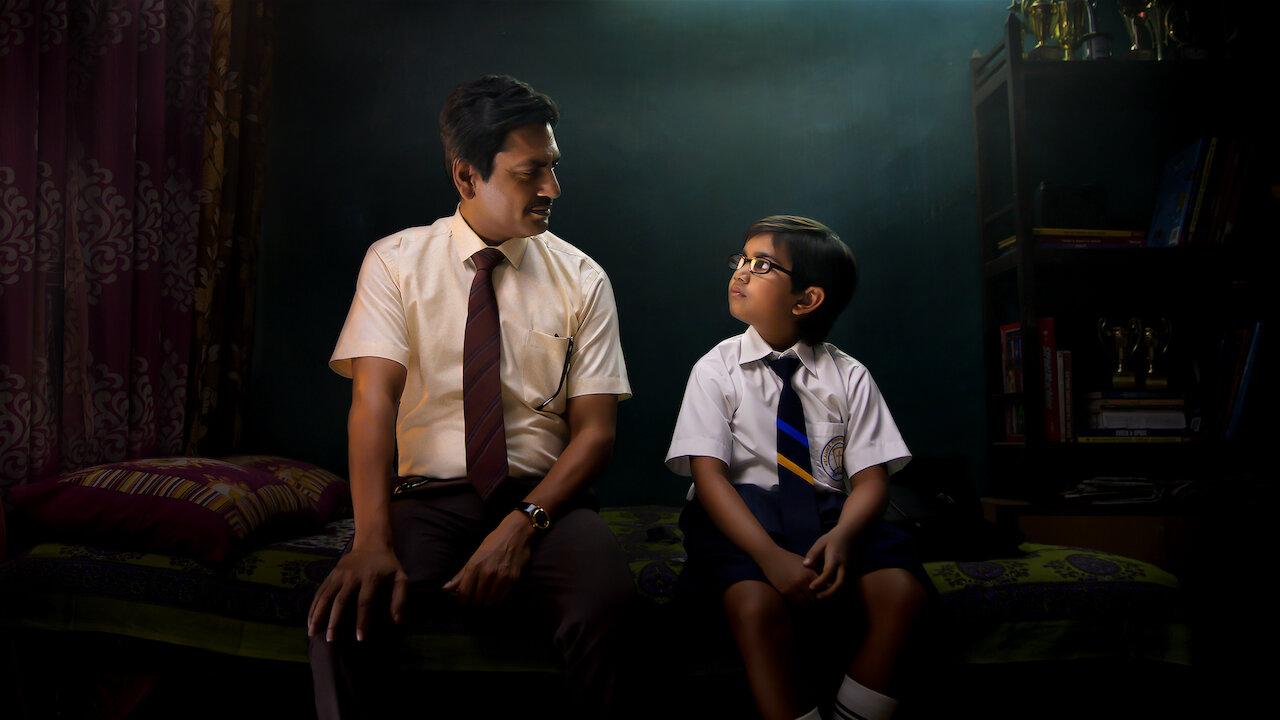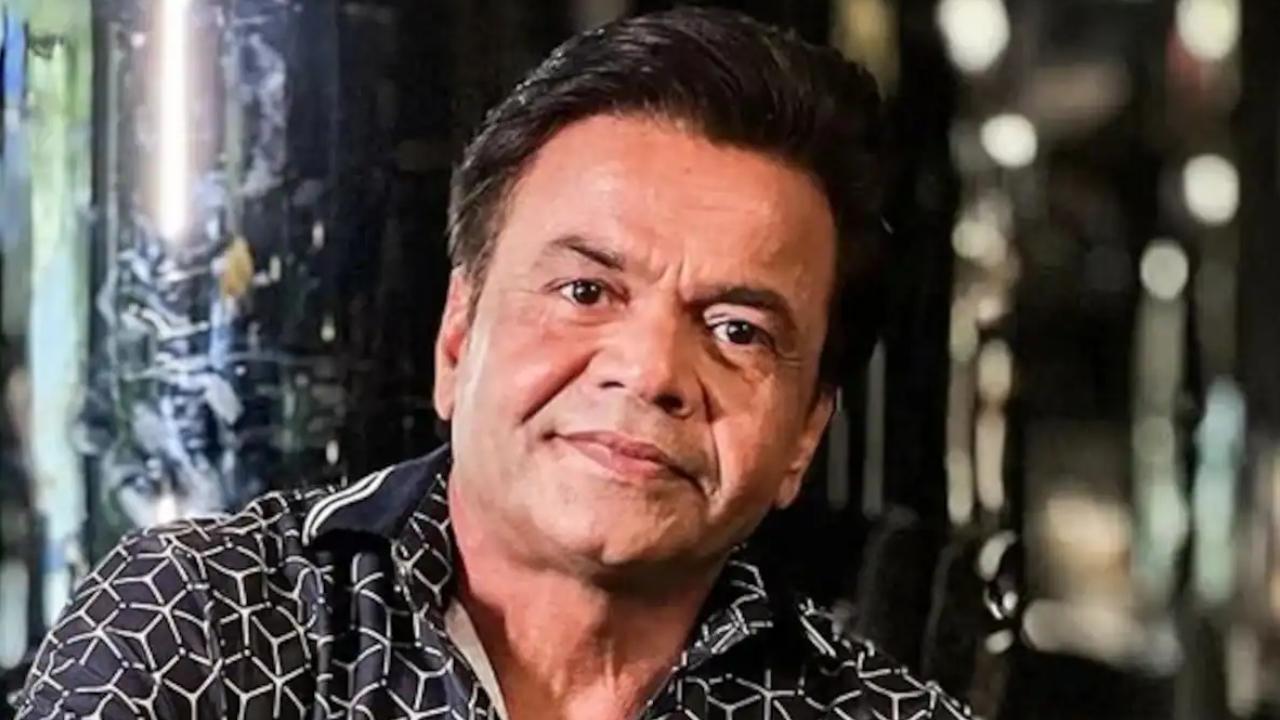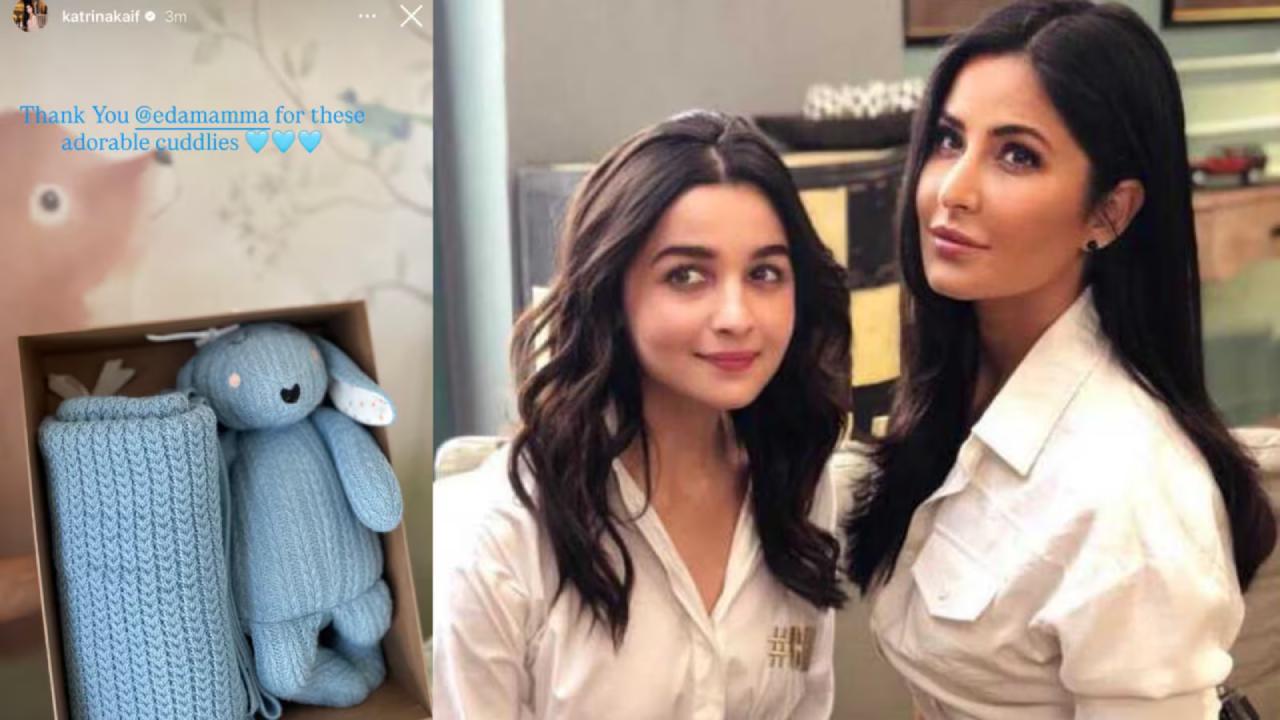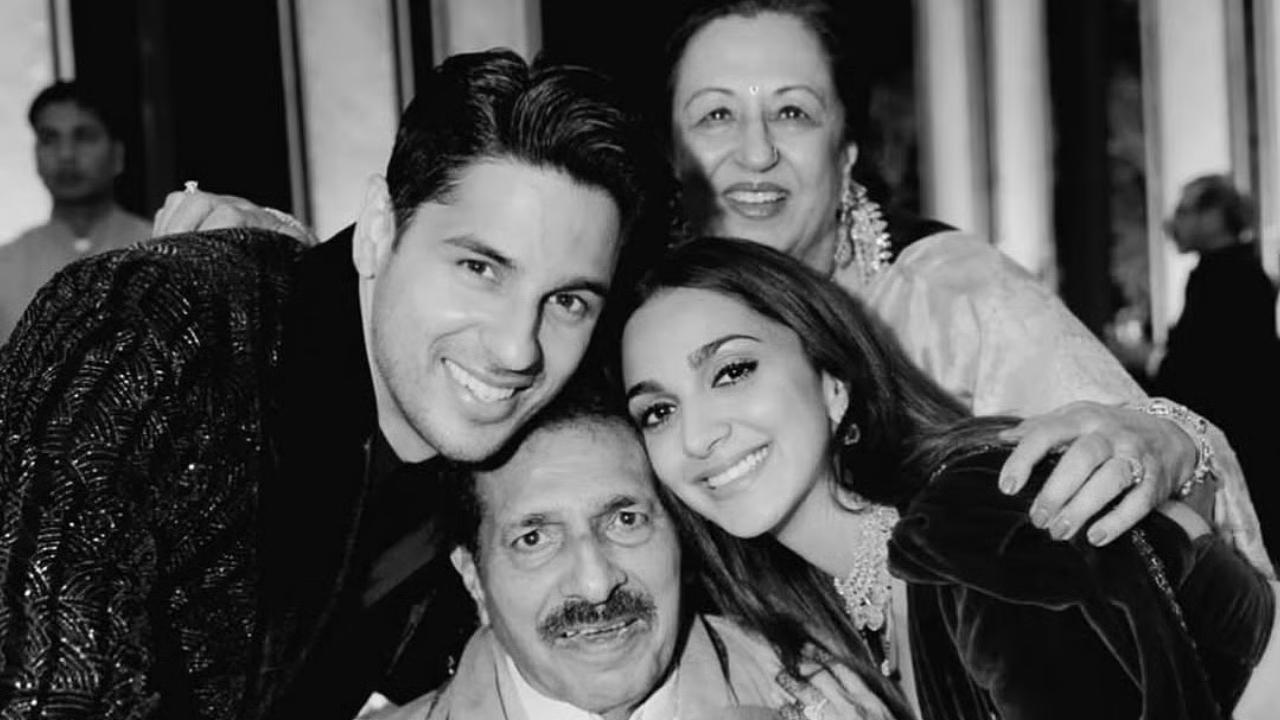Nawazuddin Siddiqui: Film awards in India can build credibility too
Updated on: 22 November, 2021 11:48 AM IST |Vijayalakshmi Narayanan

New York can be an intimidating/overwhelming city for most people. Evidently not for the perennially unfazed, actor Nawazuddin Siddiqui. As we watch him, like in his films, merging into the Manhattan crowd — an Everyman, as it were, only on occasion disturbed by desi selfie-seekers; he generously obliges, while you can tell, he’d rather not!
Sometimes reticent to a fault (as with interviews as well), no point asking if the atheist Nawaz is going to do a special namaz (prayer), leading up to the International Emmy — the Olympics of world television — where he is nominated for Best Actor (film/series) for Sudhir Mishra’s Serious Men, a Netflix production. This automatically puts his performance among the year’s best in movies and series, across streaming services and network TV worldwide.
“Nomination is a good enough measure for your choice of film, since the world is recognising it,” Nawaz says. Even Emmy is not new for him, though: “I actually held that trophy [on the stage], when McMafia won [the Best Drama Series in 2019]. ”He adds, “This silsila [or procession, in a red-carpet sense] really began with Cannes in 2012. That was the first time in my life, I found myself surrounded by people from across the world, who only spoke of art and creativity. That’s when I decided to do at least one film every year, just so I can participate in such a mahaul [environment]. I was just fascinated by this world. The other world started making less [sense] to me.”
With the other world, maybe the reference is to similar film awards in Mumbai, that aren’t so similar, actually! “Well, the point is that Emmy, Oscars, or Cannes have built their credibility over decades — by being only interested in rewarding pure artistic merit. We’ve also had film awards for as long. But one hears, lately in the news, that they’re actually sold out. What happens as a result is that [the performers themselves] start taking these [award shows] for granted. Although if they want, the Indian film awards can build on credibility as well. I guess the money involved is too huge. Which is all fine, but creativity should be nurtured and protected too. It’s not necessary to turn everything into a dhanda!”
Outside of international festival cred — as an actor, for instance, Nawaz has probably had the most number of Indian films at Cannes, including the pathbreaking Gangs of Wasseypur (2012), and The Lunchbox (2013) — it is globally accessible content on OTT platforms that’s genuinely helped him jump Mumbai cinema, and its ruthless star-system, altogether.
If you consider Sacred Games — Netflix India’s flagship show, two-third of the audiences of which came from outside India. Nawaz recalls, “The last time I was in New York, I could sense people looking in my direction, while I’d enter the hotel. Likewise, a man in Kenya gave away his house for free, once he learnt that we were going to shoot the second season of Sacred Games there. It felt good when Paulo Coelho, the writer of The Alchemist, called and messaged me after watching Sacred Games.” It’s mildly surprising therefore, we point out a recent press interview, where Nawaz wholly slams Indian content creation for OTT platforms, that he felt had turned into a sham of sorts, with stuff being made for the heck of it.
“My opinion wasn’t directed at OTT platforms as such. They’ve actually showcased Indian talents internationally. If there was no Netflix, I wouldn’t be sitting here. I was simply talking about a few production houses [doing this]. There has to be something khaas, apni pehchaan banane ke liye (special in the content, for it to stand out).”He did say though that he won’t be part of OTT content anymore? “That I won’t do any series, yes. Can’t anyway, because I’m busy with films for the year ahead.”
Also, Nawaz adds, as far he’s concerned, there really is no difference between series and films: “[Being in] the moment is important for me [an actor]. And that honesty of the character doesn’t change — whether you’re in film, or series.”
Whether he’s Gaitonde in Sacred Games, or Sheikh in The Lunchbox. Or indeed Ayyan Mani, in the Emmy, nominated performance from Serious Men: “What’s common to all these three Mumbaikar characters, from different sub-cultures within the same city, is that they loved Mumbai most dearly.” Soon as the International Emmy Awards show finishes in New York City, November 22 night, Nawaz heads back to Mumbai as well, to wrap up shoot of his film Tiku Weds Sheru, co-starring Kangana Ranaut. From the sets of which Kangana had recently posted a picture of both actors laughing out loud, captioned, “Good jokes only, please. Nawaz knows how to crack one.”
What was the joke, we’re curious. Nawaz decides to enact it. “Why don’t you become me, and ask me for water. I’m the spot-boy.” We do. Nawaz pretends to pick up two glasses, drinking from one, while offering the second one simultaneously.
“There is a spot boy, who was with me for two years, who’d always do this. And then he’d stare at me relentlessly all day. I’d ask him what’re you looking at. He’d say nothing. And continue to stare, always wondering in his head, looking at me, ‘What’s so great about this guy, man? What’s the khaas baat about him — na aaga, na peechha, na shakl, na surat (no body, no looks, no beauty) — how has he become a star? What’s he got that I ain’t got’,” Nawaz laughs. Well. Maybe the assistant should’ve observed him more as the chameleon-like actor constantly killing it on screen, instead of staring at an inherently shy Everyman in real life.
ADVERTISEMENT
Which movie are you more excited for?
ADVERTISEMENT








